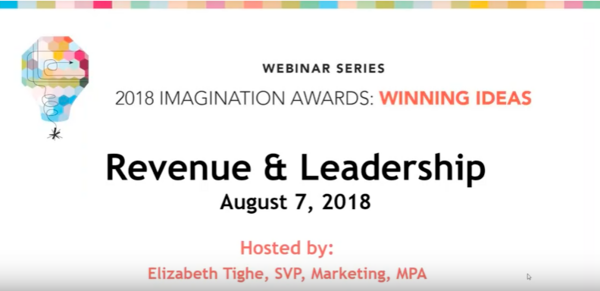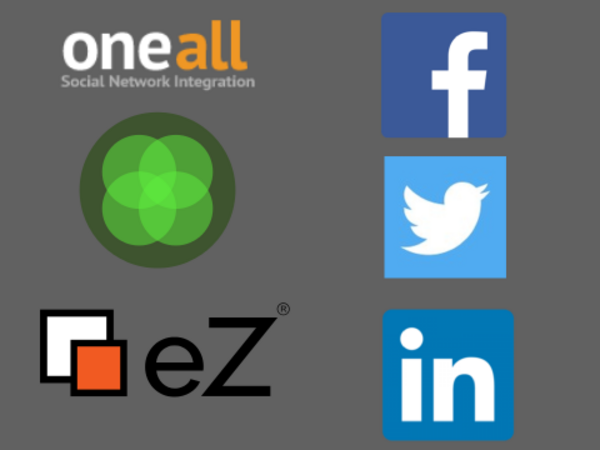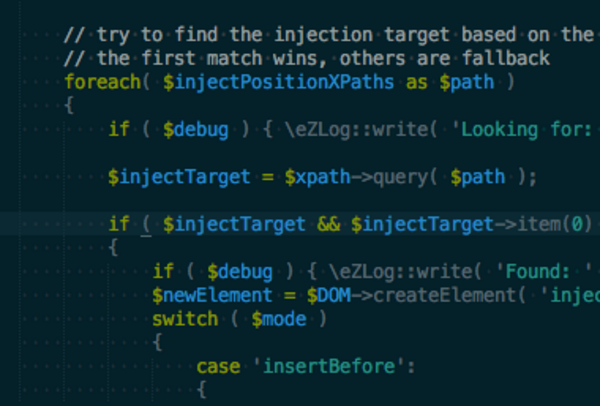
Paid content and circulation have always been a mainstay of the magazine publishing business (with the exception of controlled circulation magazines). And prior to the advent of the Internet, it was, for the most part, the norm for readers to pay for magazine content, either by purchasing a newsstand copy, or by buying a subscription. The same has not been true for magazines online.

In the realm of digital publishing, there’s no shortage of creative ideas, but not every business idea is suitable for magazine publishers. Sometimes it’s prudent to stick with tried and true innovations, or to emulate those who have had proven success.

If you deliver print content such as a magazine or newsletter to a subscribed user base, you should be targeting a digital solution.
For most content-based websites, success comes down to a trio of critical metrics: traffic, engagement, and revenue. These success metrics can also be expressed as a conversion path: you drive traffic to your site via content and marketing strategies that engage your audience, and this converts to revenue via ads, sponsored content, paid subscriptions, or otherwise.
Dealing with permissions and security systems such as Security-Enhanced Linux (SELinux) is an issue that seems to challenge many developers. Some enterprise Linux distributions like Red Hat and CentOS come with SELinux enabled by default, but not knowing how SELinux works can lead developers to disable it. This is a mistake.

Building a relationship with a web development partner can be a lot like dating. In the early days of your relationship, you’ll be talking to your web developer frequently, getting to know their strengths and weaknesses, and hoping they’ll be reliable, trustworthy, and ultimately live up to your expectations.

We’re often asked which content management system we would recommend for small businesses, non-profits, enterprise clients, magazines, book publishers, etc. We’ve written a lot about our favourite content management system (eZ Publish / eZ Platform), which we’ve used for countless sites of various sizes and levels of complexity in a wide variety of sectors.
But we know there are a lot of content management systems that you’ll likely consider when launching or redoing your website, and we understand that every organization wants to ensure they get the best fit for their particular vertical and needs.

We recently used OneAll to develop a feature that allows user generated content to be created, submitted for review, published, and then automatically posted to the creator's social media channels without additional effort on their part. Here's how we accomplished this.

Imagine thousands of Canadian kids’ books, located in one place. They’re here, complete with a database you can search by genre, age range, grade level, and theme. Add to that hundreds of classroom resources for teachers, librarians, and educators to explore by type, subject, and grade level and you've got the perfect match.

ReaderBound is a powerful website platform that helps publishers easily showcase and sell their books online.
It combines sophisticated content management and e-commerce solutions, client support, website hosting, and maintenance into one convenient package.
We often explain the ReaderBound benefits in terms of what it enables you to do. However, one of its key benefits is what it takes off your plate: a number of site maintenance worries.
Facebook's solution to speed up mobile web page loading is called Facebook Instant Articles (FBIA), and it's only available to Facebook app users. Here's a look at how to integrate FBIA into eZ Publish / eZ Platform.

On content heavy sites, it can be useful to inject snippets of code into CMS data before display (for example, into the body copy of an article). These snippets could be automatically generated glossaries, tables of contents, or ad units, placed mid-content.
Let's explore a general approach to getting such snippets into place.